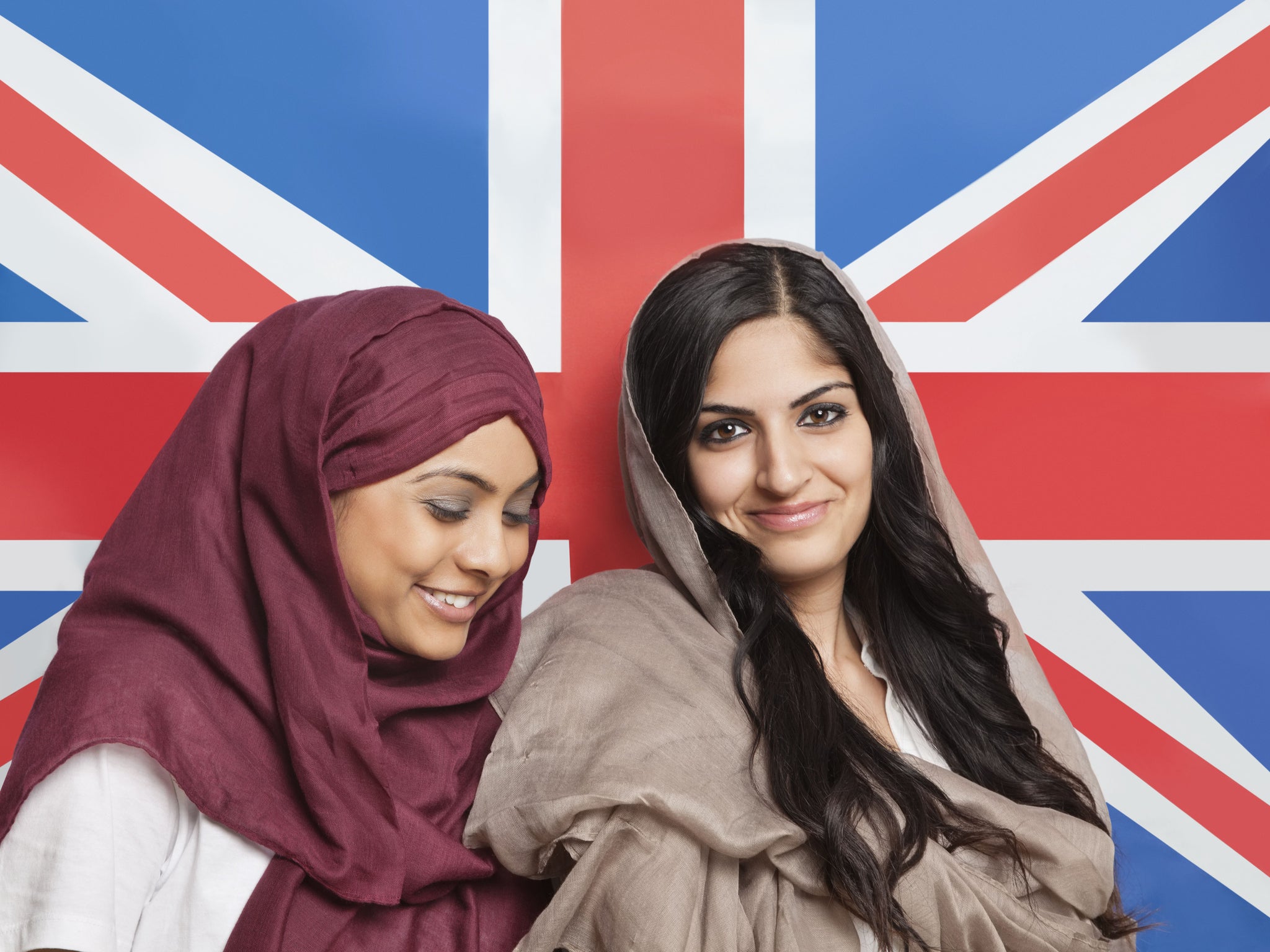This week a report which gathered data on what British Muslims really think was released – and the results were surprising
Muslims, it turns out, are actually more likely to condemn acts of political violence than the UK population as a whole. But they are also more likely to believe conspiracy theories

Today, a report was quietly released by the Policy Exchange that examined exactly what Muslims living in Britain really think about the country and its people. Its title was ‘Unsettled Belonging – A Survey of Britain’s Muslim Communities’, and it confirmed what many British Muslims have been saying for a long time: “We are just like everyone else, with similar concerns, aspirations, hopes and fears.”
In fact the report goes even further by providing evidence to support the argument that, by and large, Muslim communities are comfortable living in British secular society and make constructive contributions through engagement in mainstream political processes at both local and national levels.
This perspective might come as a shock to some. The image of young angry Muslim men politically and culturally alienated and primed for radicalisation and violence is one we in Britain are familiar with and fear. Yet 89 per cent of Muslim respondents condemned the use of violence in political protest and 90 per cent condemned terrorism. Muslims, it turns out, are actually more likely to condemn acts of political violence than the UK population as a whole.
The survey goes a long way to debunk the myth perpetuated by both the far-right and Islamists that we are caught in a clash of civilisations, or that British Muslims are somehow trapped in identity purgatory, torn between Britishness and obligations to their faith.
The report separates fact from fiction when it comes to what Muslims broadly think and want. 69 per cent of those surveyed favour secular education, 91 per cent feel able to follow Islam freely in Britain and, despite what many organisations claiming to represent Muslim communities argue, they are comfortable with counter-extremism and radicalisation measures and programmes, including state-led initiatives.
Perhaps the most important take-home message of ‘Unsettled Belonging’ is that there is a huge gap between the lived reality of British Muslims (in all their diversity) and representations of them as individuals and communities. Those surveyed argued exactly that: groups such as The Muslim Council of Britain, which regularly claim to speak for all Muslims in the UK, enjoy only marginal support at 2 to 4 per cent from within Muslim communities.
Misrepresentation in the media is also a concern for Muslims. Only 34 per cent of survey responders said they trusted the BBC, the organisation considered the most trustworthy of mainstream media outlets.
Overall, Muslims do not feel represented, neither by traditional religious-community institutions nor the mainstream media. It isn’t difficult to conceive that this lack of representation and perceived misrepresentation fuels mistrust and suspicion, and therefore not unfathomable to imagine that British Muslims may look elsewhere for alternative narratives. Two concerns emerging from the report are that 26 per cent deny the existence of extremism. Conspiracy theories seem to resonate more with British Muslims than other groups.
Violent extremist groups have been quick to fill the vacuum and provide alternative narratives that not only feed the feeling of alienation brought on by a lack of representation, but also offer narratives that are compelling because of their ability to tie frustrations on the ground with cosmic outcomes.
The Policy Exchange report is, for its mundane findings that British Muslims are essentially no different than other British communities, groundbreaking. It has the power to change the narrative perpetuated by many who, deliberately or not, jeopardise the place and role of Muslims in Britain.
More than that, it offers a way forward. The report indicated almost half of British Muslims agree they should do more to tackle extremism. Perhaps reform of community and religious institutions so they better represent the needs, aspirations, opinions and diverse life choices of British Muslims is a good start. But violent extremism is not exclusively a British Muslim problem – the responsibility to do more falls on all of us, including those who have the capacity to disseminate representations of Muslims to a wider audience.
Now that we can all sigh a breath of relief and sleep better knowing British Muslims are more likely to be harbouring aspirations for their children to continue in the tradition of making positive contributions to British society than harbouring plots to destroy British values, perhaps a moment of national self-reflection is needed. What have we done to fuel the feeling of alienation that can quite often lead to violent extremism, and what can we do to foster better community cohesion? Those answers are the most important of all.
Saeida Rouass is Project Manager at the Quilliam Foundation

Join our commenting forum
Join thought-provoking conversations, follow other Independent readers and see their replies